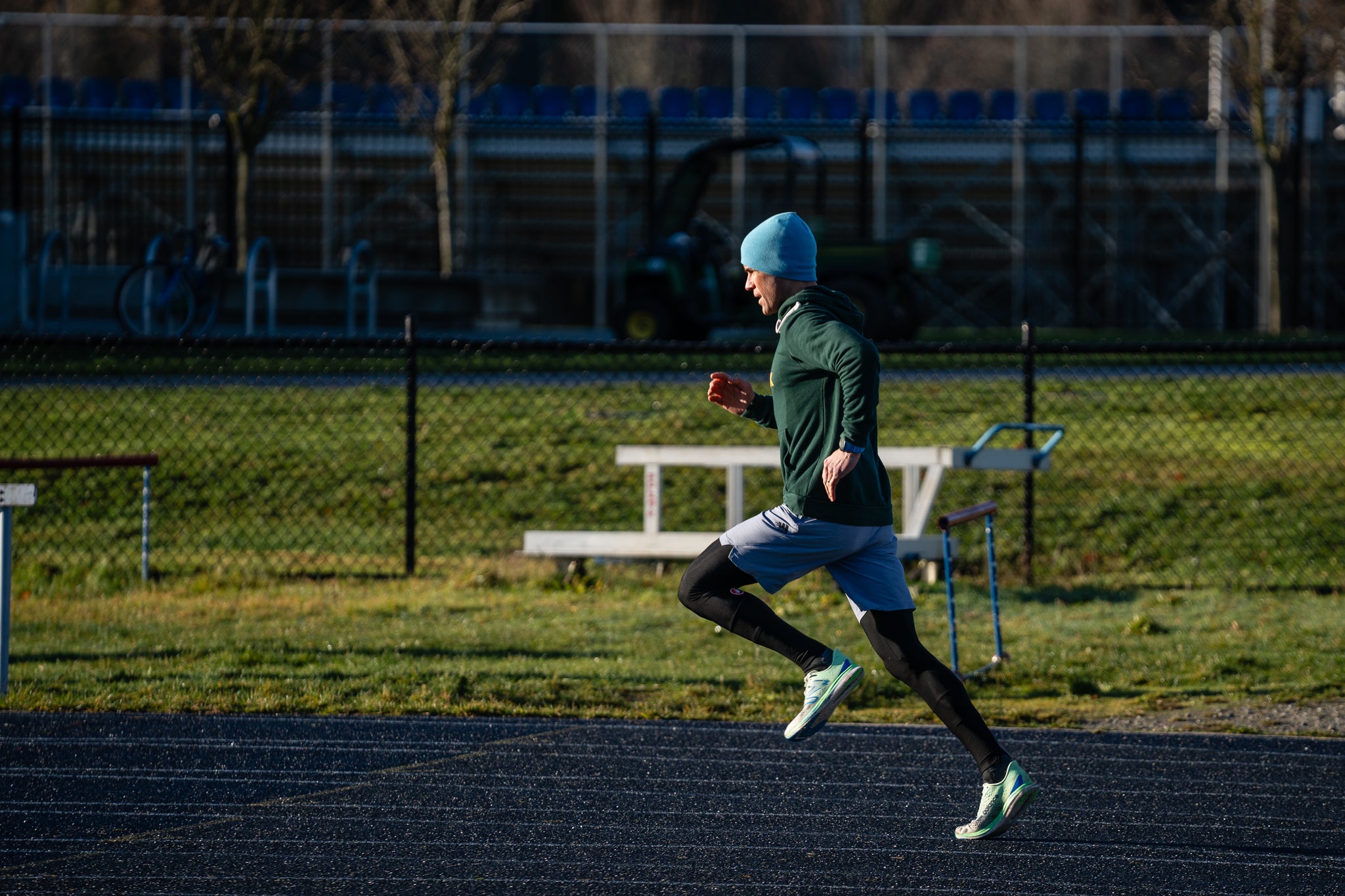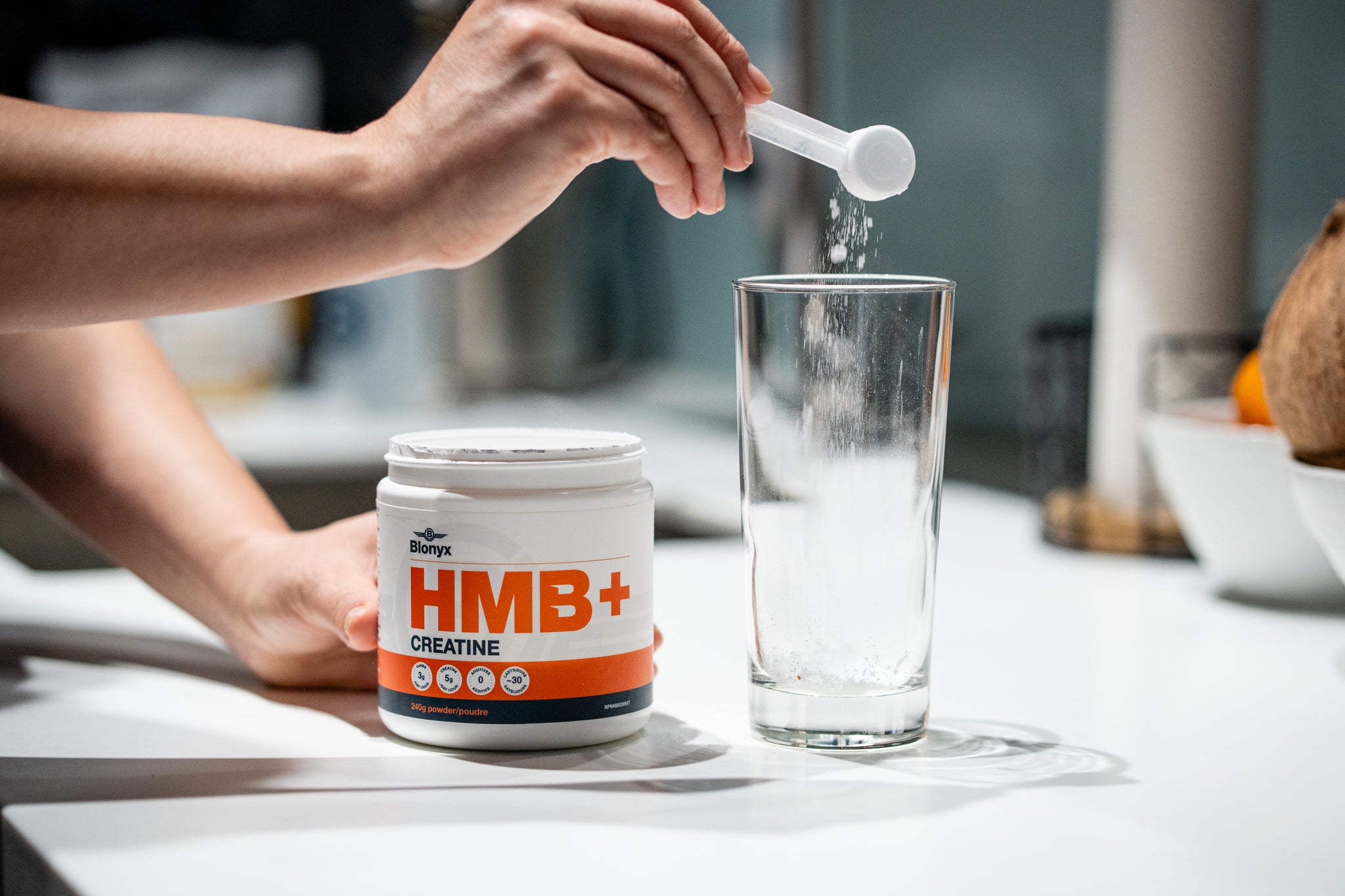Welcome to our weekly summary of the latest research from the worlds of sports science and sports nutrition.
In this week’s summary:
Common Questions and Misconceptions about Protein Supplementation Answered

This study of numerous publications addresses common questions and misconceptions about protein supplementation. Despite the substantial evidence supporting protein's benefits for both active and inactive individuals, misconceptions persist.
Here’s what they found:
- Consuming dietary protein doesn't harm the kidneys of healthy people.
- A high-protein diet either has a neutral effect or can promote fat loss in people who exercise regularly.
- Dietary protein doesn't harm the bones.
- Vegans and vegetarians can consume enough protein to support their training.
- Cheese and peanut butter aren't good protein sources.
- Red meat doesn't lead to negative health outcomes, but processed meat can (like increased cardiovascular disease risk).
- Even if you're not active, you still need dietary protein.
- You don't always have to consume protein within an hour of resistance training to induce an anabolic response. The total amount of protein you consume in a day is more important.
- Endurance athletes need extra protein (at least twice the recommended daily amount) for their bodies to adapt to training.
- You don't need protein powder to meet the daily protein needs of training individuals, but at the same time, there's no scientific reason to treat protein powder differently from traditional protein sources like meat and dairy.
- For most people, consuming 20–30g of high-quality protein is enough to induce a significant anabolic response. However, there's evidence to suggest that 100g can lead to a higher and longer-lasting anabolic response.
Our thoughts: Most people consume enough protein for their level of activity. High-performance athletes and those with high training loads need more protein, but they usually get more since they often eat more. We believe protein powders should be seen as a convenient way to consume protein—and that is all. Real food is always the best choice, but a real-food protein supplement like our Egg White Protein Isolate is the next best thing.
Triathlete Race Strategies in Different Competition Environments

A study of Chinese triathletes explored how different environmental factors affect their race performance. They analyzed data from 984 athletes in 26 races between 2015 and 2021, concluding that the impact of swimming, cycling, and running on overall performance varied depending on the temperature (low, normal, and high), altitude (low, normal, and high), and type of water (sea, river, and still).
Specifically, the study found that:
- Cycling had the greatest impact on overall performance when the temperature and altitude were suitable (low or normal).
- Running had the greatest impact in high-temperature and high-altitude environments.
- Swimming had a greater effect on overall performance than cycling in river waters, but less than running.
These findings suggest that athletes and coaches should consider these factors when planning training and race strategies.
Our thoughts: Just something to keep in mind! Considering these factors can have a significant effect on how you train and perform on race day.
Is There a Benefit to Combining Creatine, Caffeine and Sodium Bicarbonate?

An April 2024 study evaluated the combined effects of creatine, caffeine, and sodium bicarbonate on exercise performance in endurance-trained athletes. Creatine and caffeine are well-documented for their performance-enhancing properties, whereas sodium bicarbonate is noted for its potential to buffer lactic acid. In the randomized controlled trial involving 23 athletes undergoing supplementation over several days, results showed that creatine significantly improved power output in short sprints, caffeine enhanced performance in a 6-minute time trial, and sodium bicarbonate did not enhance these effects. The trial meticulously measured power outputs under various supplement conditions and concluded that the benefits of combining these supplements do not surpass those of taking creatine or caffeine individually. This finding suggests that for specific improvements in either sprint or endurance activities, the strategic use of creatine or caffeine alone may be advisable.
Our thoughts: Creatine is well known to increase power output, however, caffeine and sodium bicarbonate have different effects. Current research shows caffeine primarily impacts endurance performance, whereas sodium bicarbonate mainly impacts time to exhaustion, which was not on trial here.
That’s all for this week. We hope you learned something new that you can incorporate into your training!
— Train hard!

